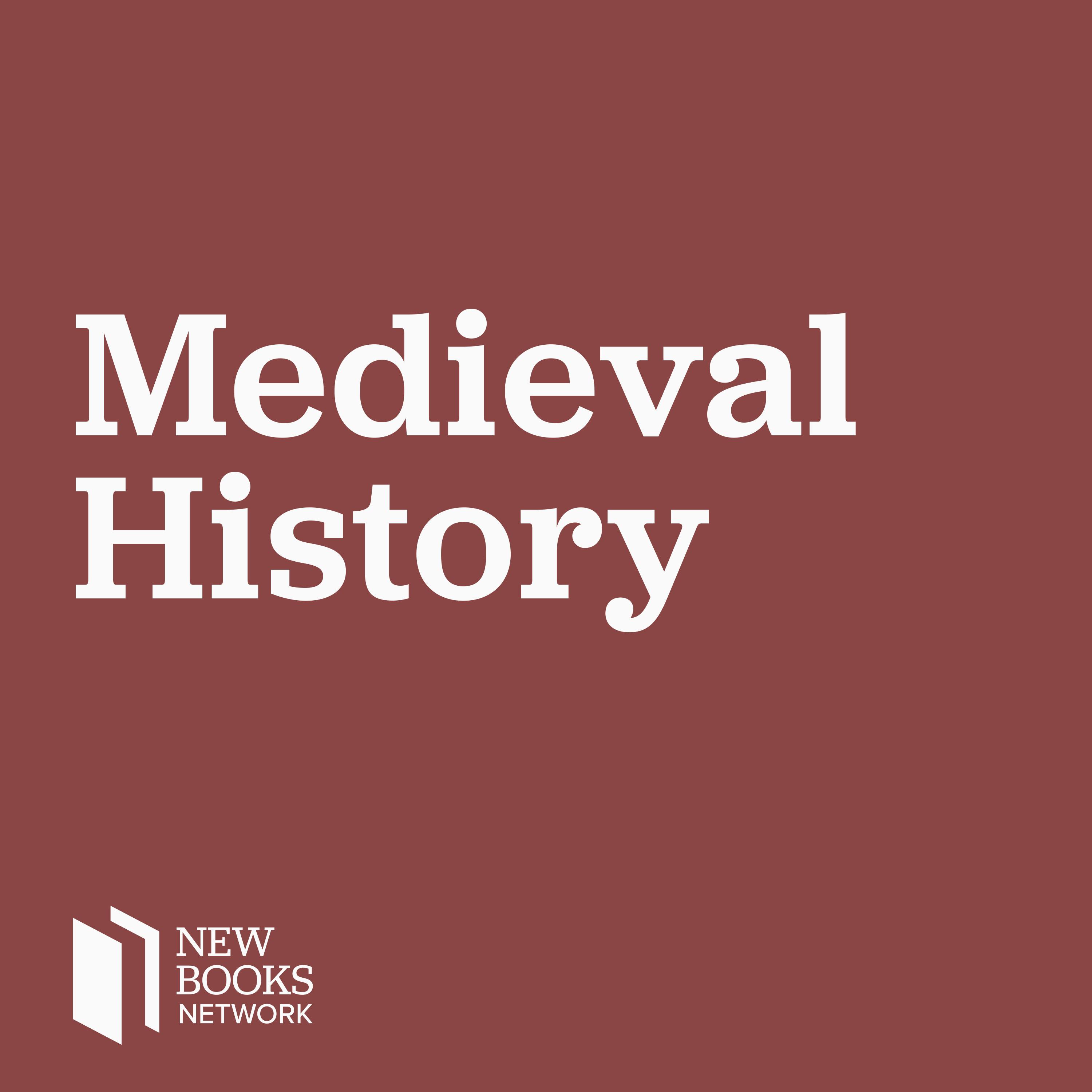Helen J. Nicholson, "Women and the Crusades" (Oxford UP, 2023)
Description
The crusade movement needed women: their money, their prayer support, their active participation, and their inspiration.
Helen J. Nicholson's book Women and the Crusades (Oxford UP, 2023) surveys women's involvement in medieval crusading between the second half of the eleventh century, when Pope Gregory VII first proposed a penitential military expedition to help the Christians of the East, and 1570, when the last crusader state, Cyprus, was captured by the Ottoman Turks. It considers women's actions not only on crusade battlefields but also in recruiting crusaders, supporting crusades through patronage, propaganda, and prayer, and as both defenders and aggressors. It argues that medieval women were deeply involved in the crusades but the roles that they could play and how their contemporaries recorded their deeds were dictated by social convention and cultural expectations. Although its main focus is the women of Latin Christendom, it also looks at the impact of the crusades and crusaders on the Jews of western Europe and the Muslims of the Middle East, and compares relations between Latin Christians and Muslims with relations between Muslims and other Christian groups.
Helen J. Nicholson is Professor of Medieval History at Cardiff University, UK. She has published extensively on the crusades, the military orders, and various related subjects, including a translation of a chronicle of the Third Crusade and an edition of the Templar trial proceedings in Britain and Ireland. She has just completed a history of Queen Sybil of Jerusalem (1186-1190).
Morteza Hajizadeh is a Ph.D. graduate in English from the University of Auckland in New Zealand. His research interests are Cultural Studies; Critical Theory; Environmental History; Medieval (Intellectual) History; Gothic Studies; 18th and 19th Century British Literature. YouTube channel. Twitter.
Learn more about your ad choices. Visit megaphone.fm/adchoices
More Episodes
Published 11/23/24
During the early medieval Islamicate period (800–1400 CE), discourses concerned with music and musicians were wide-ranging and contentious, and expressed in works on music theory and philosophy as well as literature and poetry. But in spite of attempts by influential scholars and political...
Published 11/12/24
Filippo Gianferrari, "Dante's Education: Latin Schoolbooks and Vernacular Poetics" (Oxford UP, 2024)
In fourteenth-century Italy, literacy became accessible to a significantly larger portion of the lay population (allegedly between 60 and 80 percent in Florence) and provided a crucial means for the vernacularization and secularization of learning, and for the democratization of...
Published 11/06/24


